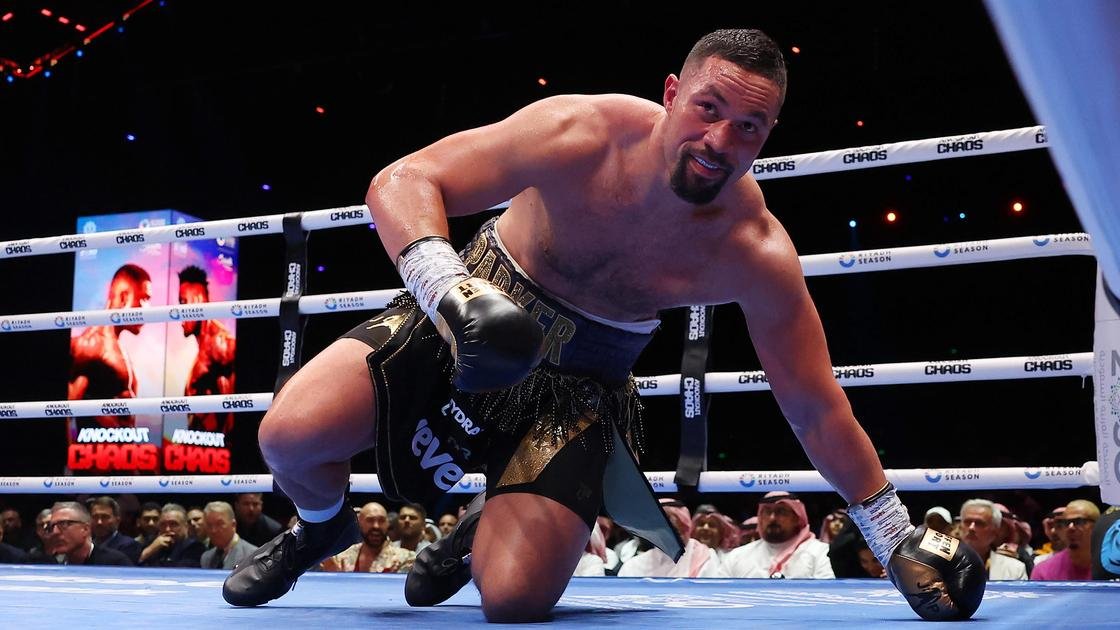In a recent statement that has sent shockwaves through the boxing world, former WBO heavyweight champion Joseph Parker cast doubt on the legitimacy of Daniel Dubois’ rise in the sport. Parker boldly asserted that Dubois’ career is not as solid as it appears, arguing that his record is built on fights that are too easy and lack the necessary challenges to prove his true class. This provocative claim has ignited fierce debate among fans, analysts, and fighters alike, raising questions about the validity of Dubois’ credentials and what it truly takes to be considered an elite heavyweight contender. In this article, we’ll explore Parker’s assertion, analyze Dubois’ career trajectory, and delve into the broader implications for both fighters and the heavyweight division.
To fully understand the weight of Joseph Parker’s comments, it’s important to consider the context in which they were made. Parker, a seasoned heavyweight with a professional record of 32-3, has faced some of the biggest names in the division, including Anthony Joshua, Dillian Whyte, and Derek Chisora. His experience and accomplishments give him a platform to critique other fighters, particularly those aspiring to join the upper echelon of the sport.
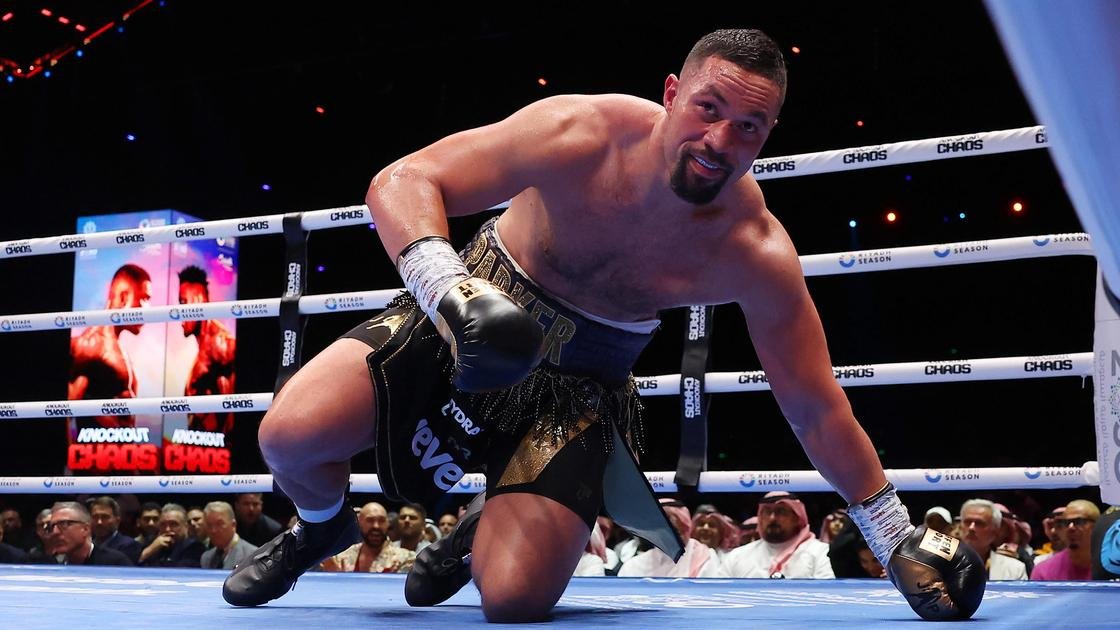
Daniel Dubois, on the other hand, is a rising star in the heavyweight division. With a record of 20-1, Dubois has garnered attention for his knockout power and imposing physical presence. However, critics have long questioned whether his success is a result of carefully selected opponents rather than genuine dominance against top-tier competition. Parker’s comments appear to echo these concerns, suggesting that Dubois’ path to prominence lacks the rigor required to test his mettle.
Parker’s timing is also noteworthy. The statement comes amid growing anticipation for potential matchups between Dubois and other top heavyweights, such as Tyson Fury or Oleksandr Usyk. By questioning Dubois’ readiness for such high-stakes fights, Parker may be positioning himself as a more credible challenger while simultaneously casting doubt on Dubois’ ability to compete at the highest level.
To assess the validity of Parker’s claims, it’s essential to examine Daniel Dubois’ career and the quality of opposition he has faced. While Dubois’ record is impressive on paper, a closer look reveals a pattern of fights that many consider less challenging than those typically faced by elite contenders.
**Early Career Dominance:** Dubois burst onto the scene with a string of quick knockouts against relatively unknown opponents. These early victories showcased his raw power but did little to demonstrate his ability to handle skilled, experienced fighters.
**Key Wins and Losses:** Dubois’ most notable victory came against Joe Joyce in 2020—a fight that ended controversially when Dubois suffered an eye injury and was unable to continue. While the win added credibility to his resume, some argue that Joyce’s pressure and resilience exposed vulnerabilities in Dubois’ game. His only loss, a technical knockout defeat to Joyce, further raised questions about his durability and adaptability under pressure.
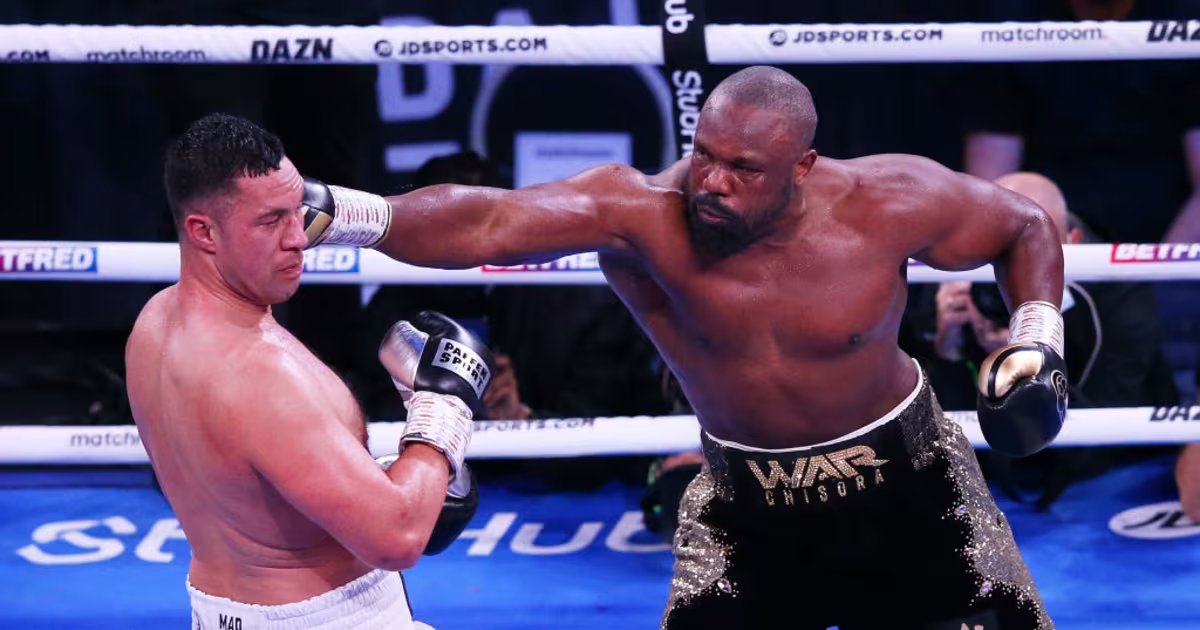
**Recent Opponents:** In recent years, Dubois has faced fighters like Kevin Lerena and Trevor Bryan, both of whom were ranked contenders but lacked the star power or track record to push Dubois to his limits. Critics argue that these bouts were strategically chosen to pad his record without exposing him to significant risk.
While Dubois’ knockout power and athleticism are undeniable, Parker’s assertion highlights a recurring theme in discussions about his career: the absence of a defining victory against a truly elite opponent.
Joseph Parker’s critique centers on the idea that a fighter’s legacy is shaped not just by their wins but by the caliber of opponents they face. Parker himself has navigated a gauntlet of formidable adversaries throughout his career, and he believes that Dubois has yet to prove himself in the same way.
**Facing Elite Competition:** Parker points out that his own career includes battles against world champions like Anthony Joshua and Deontay Wilder—fighters who pushed him to his limits and forced him to elevate his game. He argues that Dubois has yet to encounter a similar level of competition.
**Building Resilience:** One of the hallmarks of a great fighter is the ability to overcome adversity. Parker suggests that Dubois’ relatively smooth path has deprived him of opportunities to develop the mental toughness and ring IQ needed to succeed against the best.
**Proving True Class:** For Parker, proving one’s class means consistently stepping up to face dangerous opponents, even if it means risking an undefeated record. He implies that Dubois’ cautious matchmaking reflects a reluctance to take those risks, which undermines his credibility as a top contender.
While Parker’s perspective is rooted in his own experiences, it raises valid questions about the standards by which fighters should be judged. Should a fighter’s legacy be defined solely by their record, or does the quality of their opposition matter more?
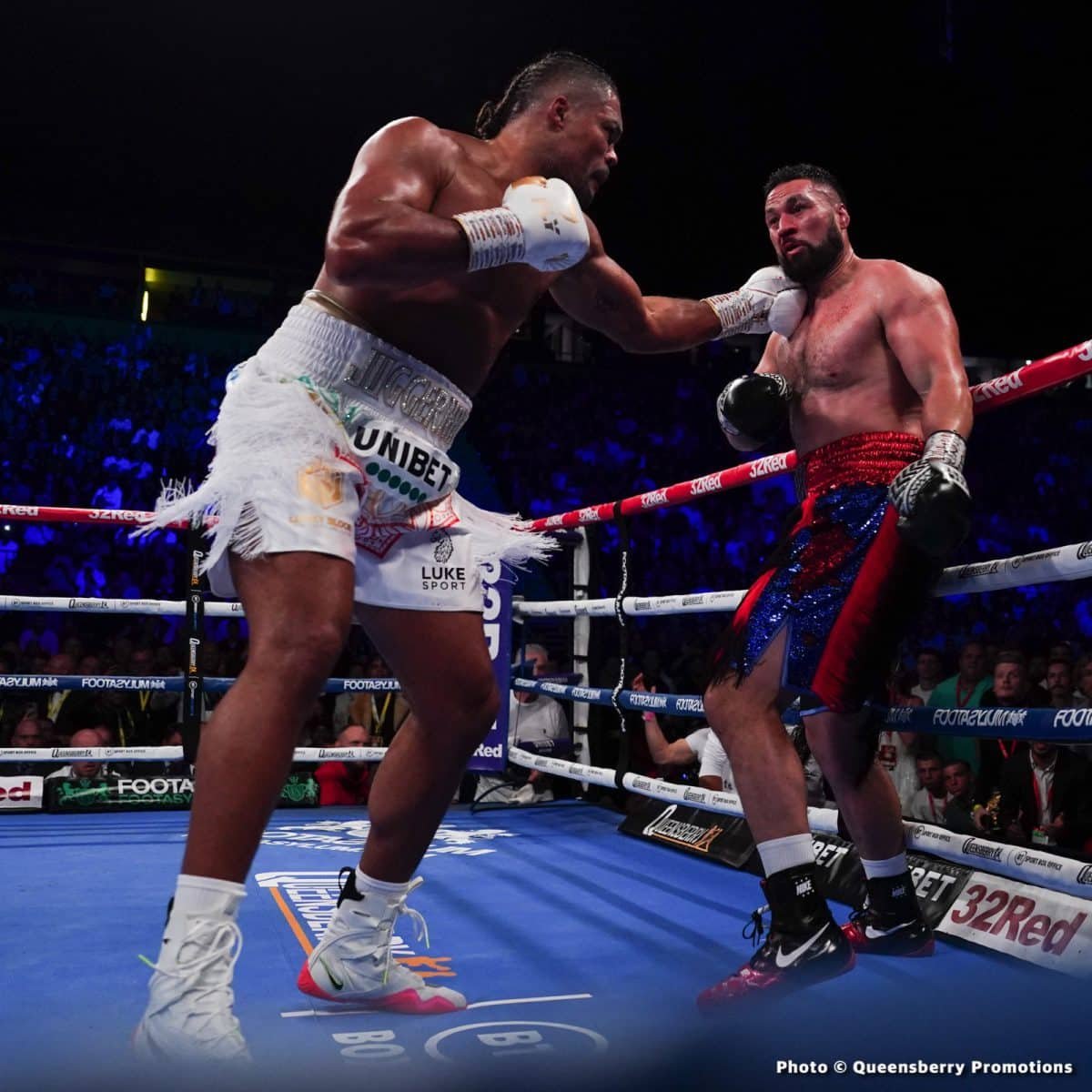
Parker’s comments have sparked heated reactions across the boxing community. Supporters of Dubois dismiss Parker’s remarks as sour grapes, accusing him of jealousy over Dubois’ rapid ascent and lucrative opportunities. They argue that Dubois’ knockout power and youth make him a legitimate threat to any heavyweight, regardless of his past opponents.
On the other hand, Parker’s supporters praise his willingness to speak candidly about the state of the division. They view his critique as a call for greater accountability in matchmaking and a reminder that true greatness requires overcoming significant challenges.
Social media platforms have been flooded with opinions, memes, and hypothetical fight scenarios, further fueling the debate. Fans are eager to see how Dubois responds to Parker’s claims and whether their verbal sparring will lead to a showdown in the ring.
The controversy surrounding Parker’s comments sheds light on several broader issues affecting the heavyweight division:
**Matchmaking Practices:** The practice of selecting “safe” opponents to protect a fighter’s record has long been criticized in boxing. While it benefits promoters and fighters financially, it can hinder the development of young talents and diminish the sport’s credibility.
**Defining Greatness:** The debate over Dubois’ career underscores the ongoing struggle to define what makes a fighter truly great. Is it their ability to dominate weaker opponents, or their capacity to rise to the occasion against the best?
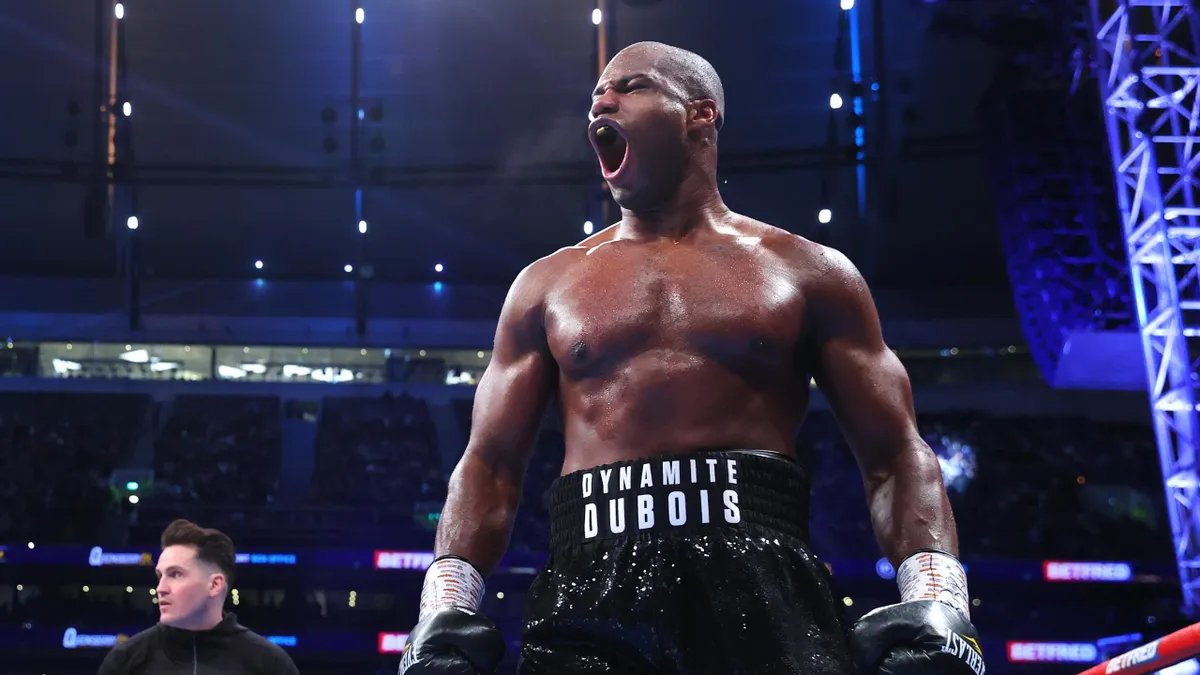
**Legacy vs. Potential:** Fighters like Dubois often find themselves caught between showcasing their potential and building a lasting legacy. Striking the right balance requires careful planning and a willingness to take calculated risks.
**Fan Engagement:** Controversies like this keep fans engaged and invested in the sport. The prospect of a Parker-Dubois matchup adds excitement to a division already brimming with intriguing possibilities.
Given the animosity generated by Parker’s comments, a fight between the two heavyweights seems inevitable. Such a bout would serve multiple purposes: it would settle the debate over Dubois’ credentials, provide Parker with an opportunity to reassert himself as a top contender, and deliver an exciting clash for fans.
From a stylistic standpoint, the matchup promises fireworks. Dubois’ power and aggression would pose a significant threat to Parker, whose speed and technical skill could exploit gaps in Dubois’ defense. Both fighters have something to prove, making the fight a high-stakes affair with major implications for their respective careers.
Promoters would undoubtedly capitalize on the narrative surrounding the bout, framing it as a battle for supremacy in the heavyweight division. Whether or not it happens, the mere possibility has reignited interest in both fighters and highlighted the importance of competitive matchups in maintaining the sport’s appeal.
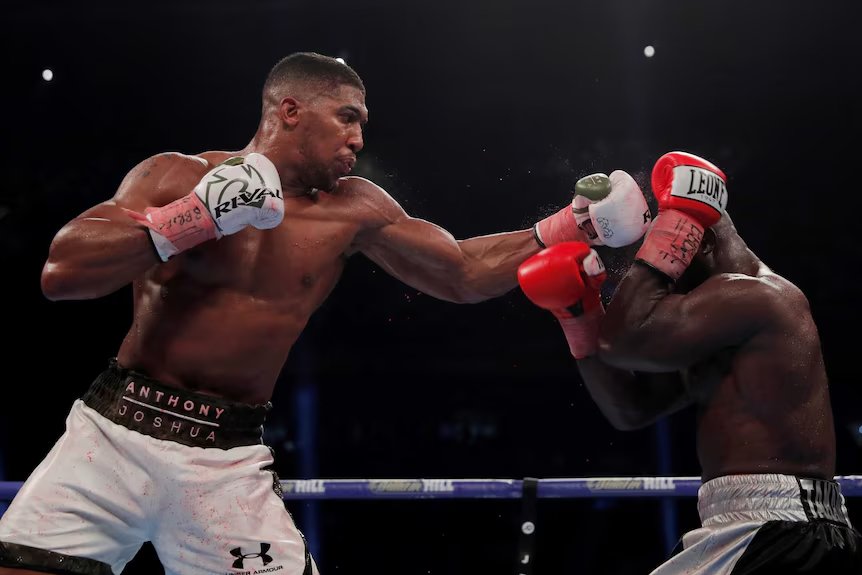
The debate sparked by Joseph Parker’s comments offers valuable lessons for fighters, promoters, and fans:
**The Importance of Challenge:** A fighter’s legacy is shaped by the obstacles they overcome. Facing tough opponents not only tests their abilities but also builds resilience and enhances their reputation.
**Accountability in Matchmaking:** Promoters must strike a balance between protecting their fighters and providing them with opportunities to grow. Over-reliance on “easy” fights can harm a fighter’s development and alienate fans.
**Respect and Criticism:** Constructive criticism, like Parker’s, can drive improvement and foster healthy competition. However, it must be delivered respectfully to avoid unnecessary animosity.
**Fan Expectations:** Boxing fans crave compelling narratives and competitive matchups. Delivering on these expectations ensures the sport remains vibrant and engaging.
Joseph Parker’s bold claim that Daniel Dubois’ career is built on “too easy” fights has ignited a fiery debate about the standards of excellence in boxing. While some view Parker’s comments as a harsh critique of Dubois’ achievements, others see them as a necessary challenge to the status quo—one that encourages fighters to seek out tougher tests and prove their worth.
For Dubois, the path forward is clear: embrace the challenge, face elite opponents, and silence his critics with performances that leave no room for doubt. For Parker, the statement reinforces his role as a seasoned veteran unafraid to speak his mind and hold younger fighters accountable.
Ultimately, the controversy serves as a reminder of the enduring allure of boxing—a sport where debates, rivalries, and legacies are forged in the crucible of competition. Whether Parker and Dubois ever meet in the ring remains to be seen, but one thing is certain: their verbal sparring has already left an indelible mark on the heavyweight division.
